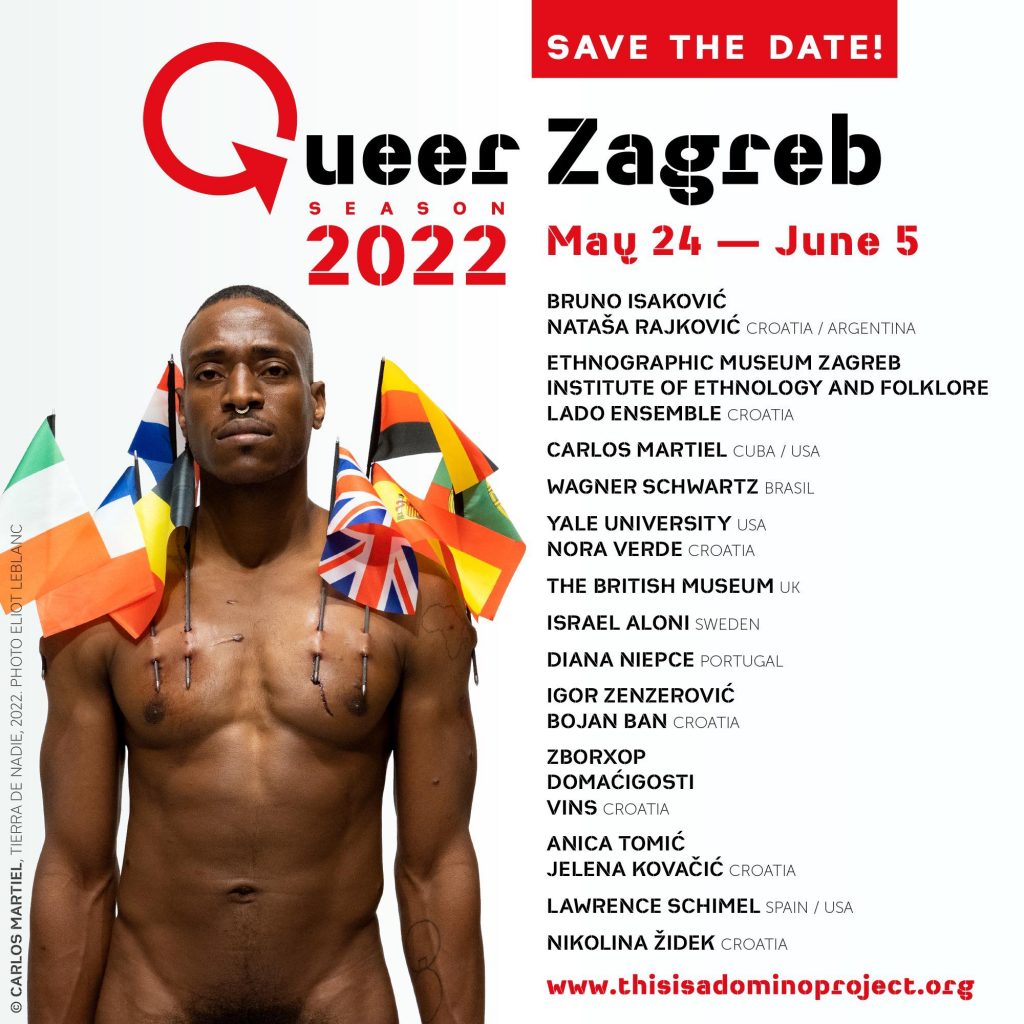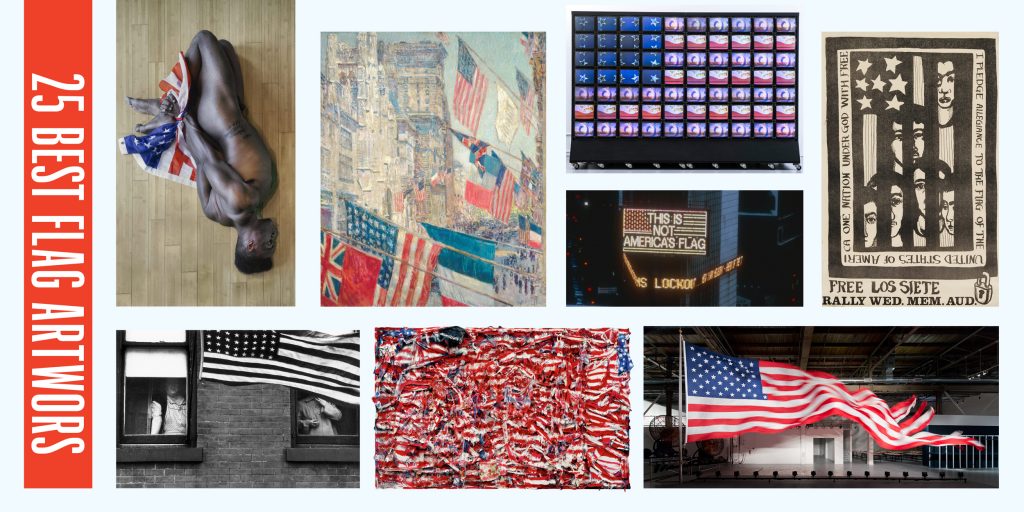Du 29.05.2022 au 17.07.2022
Trilogie de cendres est une exposition pensée en trois temps à partir de la collection du FRAC Pays de la Loire.
L’exposition regroupe 63 artistes, 89 œuvres dont 74 de la collection du Frac et 10 artistes invité·es. Elle propose une réflexion à entrées multiples sur ce qui fait foyer à travers les notions d’identité, de langage et de mémoire se rapportant aux individus comme aux dynamiques collectives. Conçue par Marion Duquerroy et Thomas Fort, et accompagnée par les étudiant•es de la licence Histoire de l’art de l’UCO d’Angers, elle est complétée par un programme de rencontres et de performances.
Ce deuxième volet s’intéresse aux questions sociales et politiques (cartes et géographie, genres et marges, clichés et stéréotypes). Les identités et communautés se manifestent (Soufiane Ababri, Georges Tony Stoll ou Andy Warhol), et l’Histoire s’embrase à travers l’impact persistant des régimes coloniaux (Carlos Martiel, Kara Walker ou Truong Cong Tung).
Artist:
Soufiane Ababri, Francis Alÿs, Leonor Antunes, Babi Badalov, Becky Beasley, Richard Billingham, Karla Black, Peter Briggs, Damien Cadio, Miriam Cahn, Marc Camille Chaimowicz, Béatrice Dacher, Richard Deacon, Jeremy Deller, Rineke Dijkstra, Thea Djordjadze, Jason Dodge, Hubert Duprat, Léuli Eshrāghi, Patrick Faigenbaum, Herlyng Ferla, Bernard Frize, Leah Gordon, Mona Hatoum, Noritochi Hirakawa, Edi Hila, Rebecca Horn, Ann Veronica Janssens, Sarah Jones, Hiwa K, Johannes Kahrs, Melike Kara, Koo Jeong A, Jiri Kovanda, Maria Lassnig, Marie Lund & Nina Beier, Teresa Margolles, Carlos Martiel, Josephine Meckseper, Thao Nguyễn Phan, Damir Očko, Gabriel Orozco, Bill Owens, gina pane, Eric Poitevin, Richard Prince, Vandy Rattana, Jimmy Robert, Khvay Samnang, Chris Shaw, Lucy Skaer, Michael E. Smith, Georges Tony Stoll, Stéphane Tidet, Thu-Van Tran, Truong Cong Tung, Luc Tuymans, Kara Walker, Andy Warhol, Boyd Webb.
(more info here)
Frac des Pays de la Loire | 24 bis Boulevard Ampère, 44470, Carquefou.

